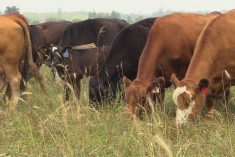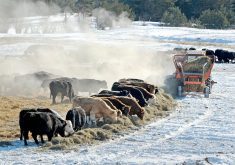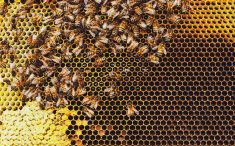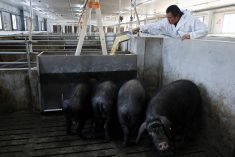On the heels of British Columbia’s first-ever human cases of West Nile virus, the province has now confirmed the disease for the first time in horses.
A horse in the Fraser Valley and a horse in the south Okanagan region have been confirmed as infected with West Nile virus. Test results are pending on another horse in the south Okanagan, the province said Friday.
None of these animals have travelled outside the province, the government said.
“This is not a surprising development,” Dr. Paul Kitching, chief veterinarian and branch director at the provincial Animal Health Centre at Abbotsford, said in a release.
Read Also
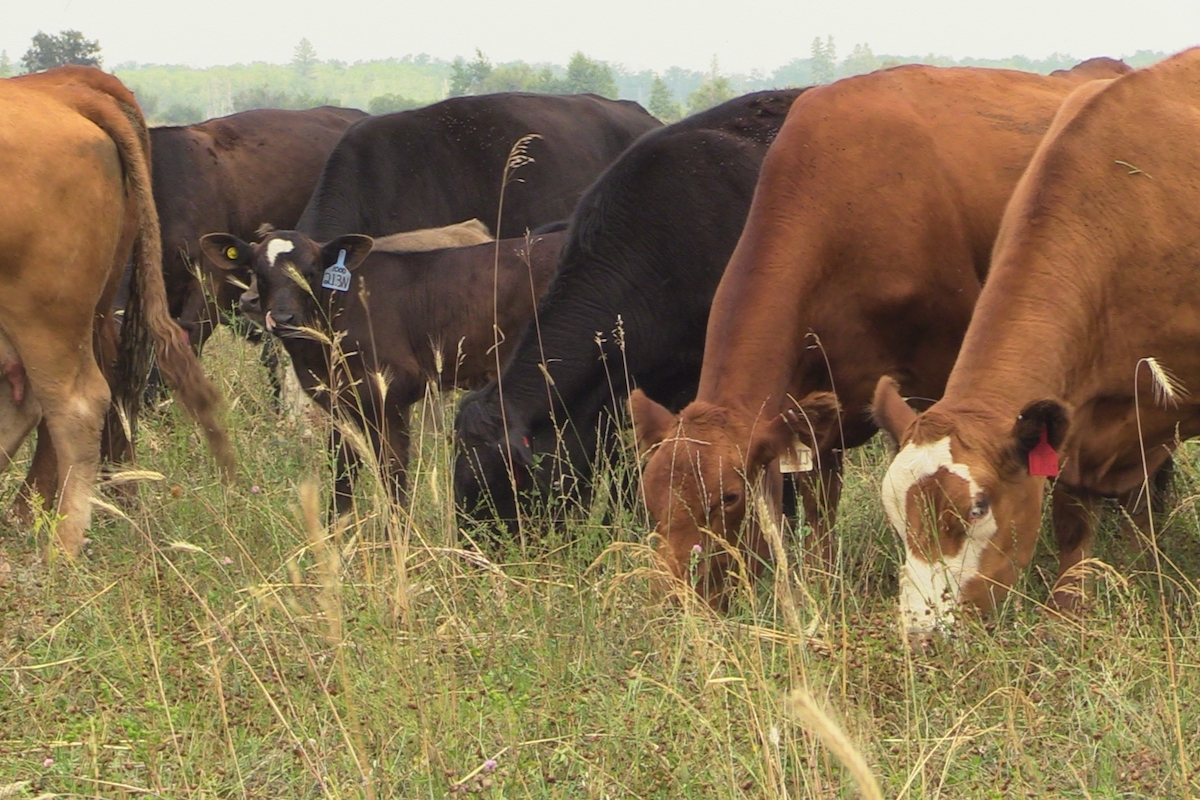
Beef industry weighs in on AAFC research cuts
The Canadian Cattle Association and Beef Cattle Research Council said cuts to federal research centres and programs will have long-term debilitating consequences for the beef industry.
“British Columbia has long anticipated the arrival of West Nile virus, and now it’s in multiple regions of the province. What is important is preventing infection as best as possible, for both humans and animals.”
West Nile virus is borne by mosquitoes that become infected through feeding on infected wild birds and then transmitting the virus through bites to people, animals and other birds.
Of all large land mammals, horses are “particularly susceptible” and Kitching recommended horse owners talk to their veterinarians about getting their animals vaccinated against the disease.
Some animals infected with West Nile virus may show no signs, the province said. Horses that do show signs may exhibit stumbling, weakness, head pressing, confusion, inability to stand, seizures and listlessness.
Most horses recover fully, the province said, but in severe cases, horses may die or need to be euthanized.
West Nile virus can’t be transmitted directly from infected horses to people, the province emphasized, and infected horses are no direct risk to other horses in the area.
That said, West Nile cases in horses signal that infected mosquitoes are present in the area, which indicates a risk to other horses and people.
Horse owners should also make an effort to drain standing water where mosquitoes may breed and practise mosquito control in general, the province said.
B.C. residents, particularly those in the Fraser and Interior Health Regions where these horses live, are also asked to keep an eye out for dead crows and other corvids (ravens, magpies, jays) and to report these to their local health authority.



